The views expressed in our content reflect individual perspectives and do not represent the authoritative views of the Baha'i Faith.
As I began my walk home this evening from Harvard Square towards the Charles River, I noticed that many dorm room lights on and more than usual activity inside and outside – ah yes, the school year was starting. As I arrived home, my thoughts wandered to a very different world. I thought about the world in which members of the Baha’i Faith are systematically denied access to university, and women are barred from 77 fields of study at institutions of higher education. How strange it all seems, I thought, that because of a simple turn of events, this did not end up being my reality.
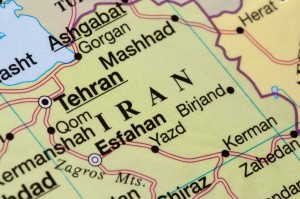
I was born in Iran to a Baha’i family, and in many ways, I see and understand myself through the lens of the Iranian culture. The food, the rich history, and the vast landscapes all captivate my soul, despite the fact that my family left when I was only a toddler (I have never had the opportunity to return, though, I do look forward to the day when this is possible). Naturally, because of my heritage, I think often about my fellow co-religionists in that country, and how for them, studying is not a right afforded to them by the government, rather an act of courage and bravery.
For Baha’is, education is held in the highest regard. The Prophet founder of the Baha’i Faith, Baha’u’llah, writes,
“Knowledge is as wings to man’s life, and a ladder for his ascent.”
Baha’u’llah continues by saying, “In truth, knowledge is a veritable treasure for man, and a source of glory, of bounty, of joy, of exaltation, of cheer and gladness unto him.” How strange then that in the country of the Baha’i Faith’s birth, young Baha’is are, from policy enforced by the very highest levels of government, systematically denied the right to higher education. In addition to being denied higher education, in their elementary school experience, there are endless reports of Baha’i school children being ridiculed by their teachers – a hard fact to fathom in the year 2012.
To avert the devastating effects of the denial of higher education, in 1987, the Iranian Baha’i community started an informal university, which has evolved into what is today called, Baha’i Institute for Higher Education (BIHE). Classes at the BIHE are taught peacefully in living rooms and kitchens across homes in Iran. Many of the hosts are Baha’i academics that have themselves been barred from teaching professionally by the government, because of their beliefs in the Baha’i Faith. The BIHE represents the only chance that Baha’i youth in Iran have for higher education. In May 2011, the government launched a coordinated attack against the BIHE, raiding dozens of homes, confiscating computers and materials and detaining eighteen professors and administrators. Seven of those arrested have received four or five year prison terms – their only crime, educating youth in their community.
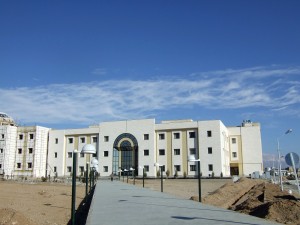
Education Under Fire is a campaign designed to help mitigate the effects of these discriminatory policies and to raise awareness of the importance of defending Article 26 of the Universal Declaration of Human Rights, which guarantees education as an inalienable right of every human being. The campaign has produced a 30-minute documentary, co-presented by Amnesty International. The documentary tells the powerful and compelling story of the BIHE. Over the past year, the campaign has traveled to over 200 major universities throughout North America. Many prominent institutions, like Harvard and Stanford, and many prominent individuals, including Nobel Laureates, have come forward as a result of the campaign, offering their support.
I invite concerned individuals to read the Fall 2012 Vision Statement on the Education Under Fire homepage (in this document you will also find information about the two new features of the campaign).
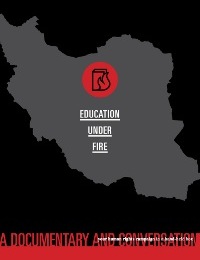
There are two new aspects of note in the campaign: first, the Free DVD Program, in which any individual who commits to screening the documentary, in a venue large or small, will be sent a copy of the DVD, free of charge (shipping included).
The second aspect is the, “Friends of the BIHE Open Letter.” The purpose of this letter is that all concerned scholars, educators, and citizens may add their name to the open letter document, showing their support. This document may be found at www.educationunderfire.com.
Thousands of individuals from incredible backgrounds have participated in every facet of this campaign and I encourage all those reading this article to do the same – we have seen how collective support can make a tremendous difference.
As we learn from the example of the BIHE and its students in cultivating a peaceful response to persecution, let us remember words from Universal Declaration of Human Rights:
“Everyone has the right to education… Education shall be directed to the full development of the human personality and to the strengthening of respect for human rights and fundamental freedoms. It shall promote understanding, tolerance and friendship among all nations, racial or religious groups, and shall further the activities of the United Nations for the maintenance of peace.” Universal Declaration of Human Rights, Article 26 (to which Iran is a Signatory)


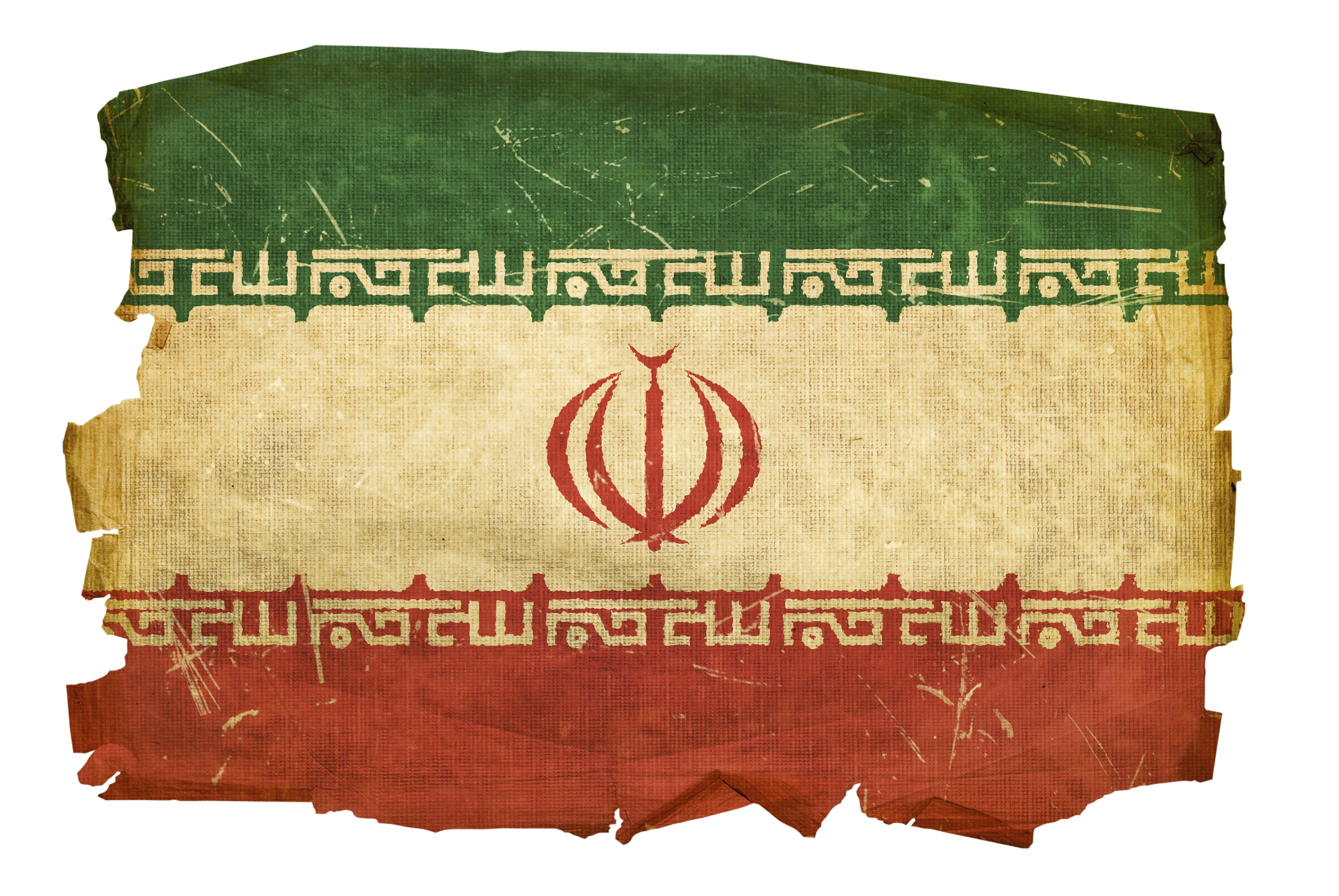

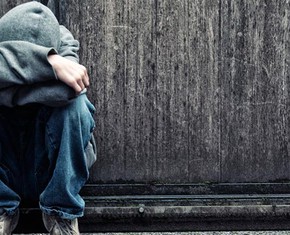











Comments
Sign in or create an account
Continue with Googleor